-
×
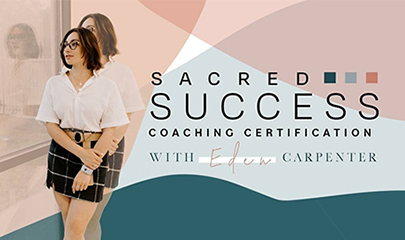 Sacred Success Coaching Method By Eden Carpenter
1 × $139,00
Sacred Success Coaching Method By Eden Carpenter
1 × $139,00 -
×
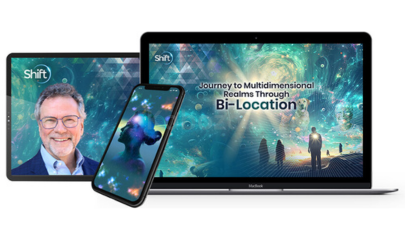 Journey to Multidimensional Realms Through Bi-Location by Scott M. Taylor and EdDCharleene Nicely - The Shift Network
1 × $54,00
Journey to Multidimensional Realms Through Bi-Location by Scott M. Taylor and EdDCharleene Nicely - The Shift Network
1 × $54,00 -
×
 Cognomovement An Energy Healing System With Bill McKenna and Liz Larson - The Shift Network
1 × $46,00
Cognomovement An Energy Healing System With Bill McKenna and Liz Larson - The Shift Network
1 × $46,00 -
×
 A History of British India By Hayden Bellenoit
1 × $5,00
A History of British India By Hayden Bellenoit
1 × $5,00 -
×
 Environment Translation Pack By Vaness Henry
1 × $31,00
Environment Translation Pack By Vaness Henry
1 × $31,00 -
×
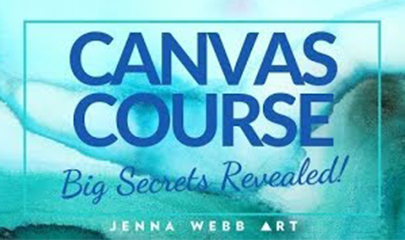 Alcohol Ink on Canvas Course By Jenna Webbart
1 × $46,00
Alcohol Ink on Canvas Course By Jenna Webbart
1 × $46,00
Foundations of Western Civilization II: A History of the Modern Western World By Robert Bucholz
$239,00 $5,00
SKU: KOB.530772tsIQu
Category: Science
Tags: A History of the Modern Western World, Foundations of Western Civilization II, Robert Bucholz
Foundations of Western Civilization II: A History of the Modern Western World – Immediate Download!
Let’s embark on a captivating adventure to uncover remarkable insights that spark your curiosity and elevate your understanding
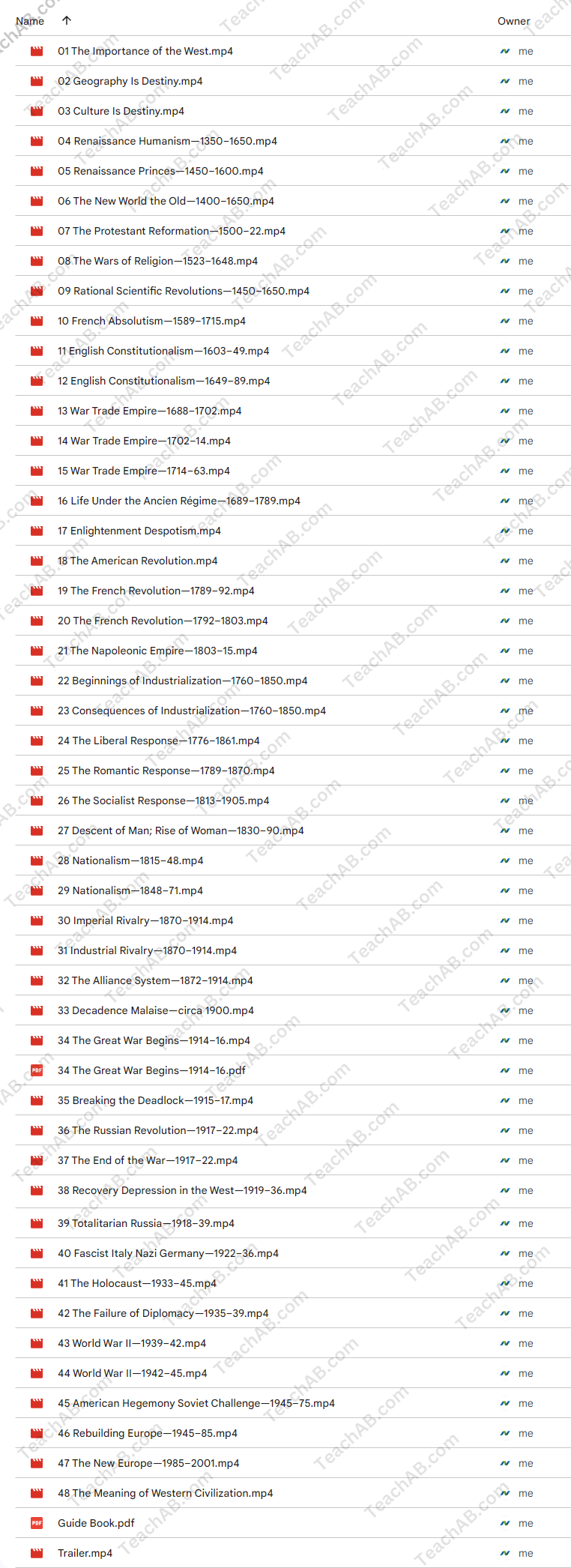
Foundations of Western Civilization II: A History of the Modern Western World By Robert Bucholz
Overview
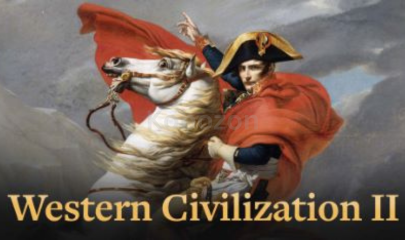
Foundations of Western Civilization II: A History of the Modern Western World
The course Foundations of Western Civilization II: A History of the Modern Western World by Robert Bucholz presents a captivating journey through the historical landscape of the Western world, spanning from the 16th to the 20th centuries. This program is more than a mere chronological account; it offers profound explorations into political, social, economic, and cultural dynamics that have sculpted the contemporary essence of Western society. Bucholz, renowned for his enthusiastic and clear teaching style, mirrors the legendary pedagogical flair of Carl Sagan, making complex histories accessible even to those without extensive backgrounds in the subject. As participants delve into themes such as the Renaissance, Reformation, and the Industrial Revolution, they prompt an introspection of how these significant upheavals shape modern realities.
Overview of Course Structure and Themes
The Foundations of Western Civilization II course is anchored around pivotal themes and milestones that chronologically take participants from the Renaissance, through significant transformative periods, to the threshold of the modern era. Each segment of the course is articulated with meticulous detail, engaging students in a dialogue that illuminates both the significant events and their broader implications.
Major Historical Periods Covered
- The Renaissance: A revival of arts and learning, where humanism flourished and questioned long-held notions.
- The Reformation: A seismic shift in religious thought, leading to the fracturing of the Catholic Church’s monopoly on Christianity.
- The Enlightenment: An intellectual revolution that championed reason, individualism, and skepticism of tradition.
- The Industrial Revolution: A transformative period that ushered in technological advancements, altering economies and societies.
Bucholz structures the course to encourage reflection on how historical events have not only shaped past societies but also continue to influence modern governance, literature, art, and economic frameworks. This method of teaching fosters an environment where students engage thoughtfully with the material, contemplating how history is interwoven with present-day scenarios.
Pedagogical Approach
Bucholz’s teaching resonates through his clarity and passion. The course is delivered through engaging lectures that break down complex ideas; making them approachable and digestible. His approach draws parallels with Carl Sagan’s renowned ability to make science accessible to the masses. For instance, Bucholz often uses storytelling and visual aids to illustrate intricate historical events, an approach that enlivens the narrative and captivates students.
Student Response and Engagement
Feedback from participants underscores a predominantly positive experience, with many highlighting the engaging delivery and rich content. The course encourages vivid discussions and critical thinking, prompting students to analyze the socio-political implications of historical narratives. This active engagement not only enhances learning but also instills a sense of curiosity and connection to the material.
Analysis of Historical Narratives
Despite its accolades, the course is not devoid of critiques. Some observers have pointed out the presence of potential biases, particularly regarding contemporary issues arising from the world wars and American foreign policy. This brings forth a broader discourse on how history is interpreted and presented in academic settings.
The Importance of Contextual Understanding
In the realm of historical discourse, context is paramount. Bucholz emphasizes that understanding the socio-political climate of different eras enriches the study of history. For instance, discussions about the aftermath of the world wars not only reflect on the events themselves but extend to contemporary foreign relations and international law shaped in their wake. As students analyze these narratives, they are encouraged to scrutinize biases within historical interpretations, fostering a critical lens that is essential in higher education.
The Debate on Historical Representation
Through Bucholz’s lectures, students engage in debates surrounding the representation of historical facts. Such discussions illuminate the intricacies of historical narratives and how they can be influenced by cultural perspectives or political agendas. This reflection is particularly relevant in modern times as historical narratives frequently shape public opinion and policy. By equipping students with analytical tools, Bucholz empowers them to navigate these narratives thoughtfully.
Encouraging Critical Thinking
Engagement with historical narratives, especially those that are contentious, encourages students to develop their voices. This critical thinking fosters a deeper understanding and creates a space where students feel confident to explore different interpretations of history. By engaging with varying perspectives, participants learn that history is not just a collection of facts but an evolving narrative influenced by cultural, political, and societal dynamics.
The Course’s Impact on Students
The Foundations of Western Civilization II course has been recognized not only for its academic rigor but also for its ability to resonate with students from diverse backgrounds. Bucholz’s dynamic lectures provide a platform for transformative learning experiences.
A Resource for Diverse Learners
The course is designed to accommodate both students in academic settings and individuals pursuing self-directed learning. The comprehensive nature of the content allows participants to glean insights that resonate with their personal or professional contexts.
Transformation Through Learning
Participants often report that engaging with Bucholz’s material leads to a transformative understanding of the relationship between history and their contemporary lives. As they explore themes of governance, culture, and economics, students often express an enriched perspective on their role within societal structures. This is especially apparent among those studying political science, history, or cultural studies, as they relate historical lessons to modern governance challenges.
Lifelong Learners and Historians
Moreover, many who complete the course express a newfound passion for history, akin to discovering an intricate tapestry that connects personal experiences with global narratives. This fosters a cohort of lifelong learners and possible historians who appreciate the nuances of societal progress and setbacks through the lens of historical study. The emotional nuances tied to historical inquiry create compelling narratives that inspire students to investigate further into the epochs discussed.
Conclusion
In summary, Foundations of Western Civilization II: A History of the Modern Western World by Robert Bucholz is not merely an academic endeavor; it is a journey through the rich tapestry of Western history. By emphasizing critical thought, engagement with complex themes, and historical context, Bucholz elevates the learning experience for his students. The course stands as a testament to the power of historical inquiry, not only to inform but also to shape perspectives and foster meaningful discussions in our increasingly complex world. Whether for academic purposes or self-enrichment, this course promises profound insights that illuminate the continuous evolution of our civilization.
Frequently Asked Questions:
Innovation in Business Models: We use a group purchase approach that enables users to split expenses and get discounted access to well-liked courses. Despite worries regarding distribution strategies from content creators, this strategy helps people with low incomes.
Legal Aspects to Take into Account: Our operations’ legality entails several intricate considerations. There are no explicit resale restrictions mentioned at the time of purchase, even though we do not have the course developers’ express consent to redistribute their content. This uncertainty gives us the chance to offer reasonably priced instructional materials.
Quality Control: We make certain that every course resource we buy is the exact same as what the authors themselves provide. It’s crucial to realize, nevertheless, that we are not authorized suppliers. Therefore, the following are not included in our offerings: – Live coaching sessions or calls with the course author.
– Entry to groups or portals that are only available to authors.
– Participation in closed forums.
– Straightforward email assistance from the writer or their group.
Our goal is to lower the barrier to education by providing these courses on our own, without the official channels’ premium services. We value your comprehension of our distinct methodology.
Be the first to review “Foundations of Western Civilization II: A History of the Modern Western World By Robert Bucholz” Cancel reply
You must be logged in to post a review.

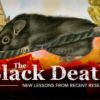
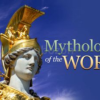




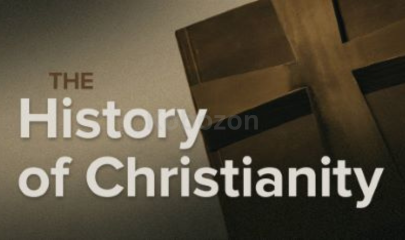

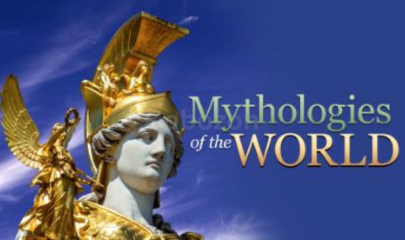
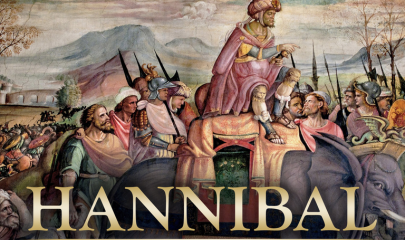
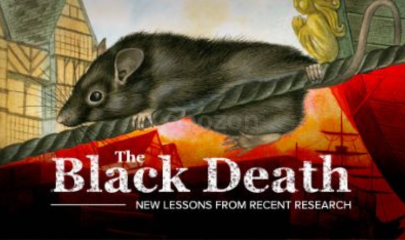





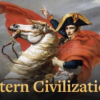
Reviews
There are no reviews yet.